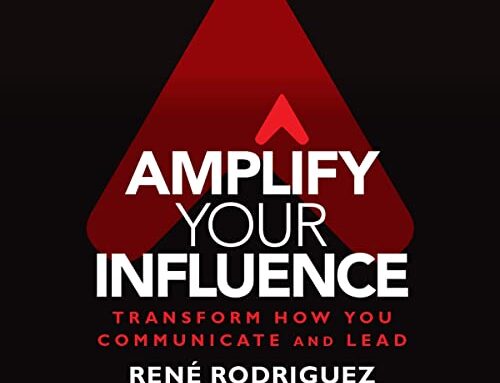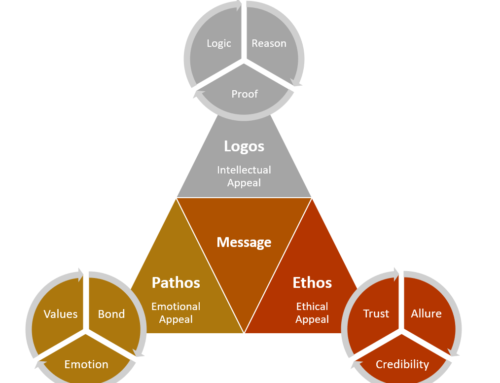The Baby Boomers have created the Abstract Generation: “They fuck you up, your mum and dad. They may not mean to – but they do. They fill you with the faults they have. And add some extra just for you. But they were fucked up in their turn. By fools in old style hats and coats. Who were half the time soppy stern, and half at one another’s throats. Man hands on misery to man, that deepens like a coastal shelf. Get out as early as you can, and don’t have kids yourself.” ~ Phillip Larkin 1971 poem.
As we look back through time, The Greatest Generation wanted to make sure their kids didn’t suffer or miss out on their youth, like they did. Many of them grew up as the sons and daughters of tough people who risked their lives to come here. Then came up on the heels or with memories of WW1. Then had to live through WW2.
This was my parents’ generation. Surviving wasn’t a given for your whole family. Times were tough and you had to be strong to survive. Just making it to 50 was an accomplishment. They worked hard to make better for their children. And they worried – a lot.
So the boomers were raised to feel like they shouldn’t have to go without. Which is perfectly fine and reasonable. But due to the size of the generation – compounded by the affluence of their times – things got skewed. That’s how they became the Me Generation – putting Me before We.
Now, putting the protection of ideas and wealth is the standard. Boomers raised their kids to be skeptical of those in charge. And look to skirt the rules. “Don’t let anything stand in the way of what you want.” Which makes sense if times are the same as the 60’s and 70’s. But they aren’t.
One of the great heroes of the Boomer generation is economist Milton Friedman. The Core of Milton Friedman’s philosophy was that companies who work to build shareholder value will be more likely to create jobs and fuel the economy.
The 1940’s showed the rise of Managerialism: A system that defined corporations as having a broad social purpose. The Directors of companies saw themselves as trustees, serving as stewards. Guiding their companies to create stable, life-long jobs. System worked very well.
Until the 1970s. Prior the stock market reached past a peak, then 2 years of steady declines. This started by leaving the gold standard then an oil embargo, Watergate, then Vietnam war. Dow hit 577. This began a new era where a company’s share price had little to do with its performance.
So, to serve self-interest, companies turned to “Shareholder Value.” Enter Friedman. S.V. was shown to be instantly appealing to Activist Corporate Raiders (Carl Icahn) and company CEO’s. Making CEO pay directly linked to stock value put stock performance priorities ahead of the people.
Microsoft CEO Steve Balmer was only the 2nd person ever to become a billionaire off a company they didn’t own or found. Another icon of this generation is GE CEO Jack Welch. Welch was knows as Neutron Jack because he would routinely fire the bottom 10% (based on whatever KPI were at the time) and give stock to top 20%. This is a culture purely driven by the need of dopamine hits. Share price went up dramatically.
But it didn’t beat the S&P. So he never actually out-performed the market.
So, if rated by profit, he’s a hero. However, looking at the numbers, most of their money came from financial services – not manufacturing, their core business. And now GE is not the gleaming national icon company it once was.
Many years later, Welch admitted that the concept of “shareholder value” is the dumbest idea in the world.
The leaders of Costco did the opposite, and caught a lot of shit. Since 1986 when Costco went public (and Welch was running GE), you would have made 600% on GE (with lots of rollercoasters) and 1200% on Costco. It’s also why Costco has been successful after the Founder’s retirement. They extended the circle of safety to all levels of the company. Even increased wages ($1.50/hr over 3 years) when the sector was suffering.
They knew it was people, not the metrics or shareholder value that would get them out.
Studies show that teams who are lead by a directive leader, will initially outperform. However, teams lead by an empowering leader experience higher performance over time.
Many companies have shown that the number of internal complaints for harassments and mistreatment increase dramatically before earnings, to try to protect themselves if there are layoffs to balance books.
There has also been a massive increase in accounting scandals and fraud under Shareholder Value models. Fattens the pocket of corporate elite, though counter-productive to everyone else.
It’s ‘funny’ that CEO’s who claim business decisions to maximize shareholder value often want fat severance when leaving in disgrace.
When people feel good working AT a company, they will feel food working FOR the company. Customers will never love a company until the employees love it first. It’s generally the employees at the edges – the ones in the most danger – who are also in direct contact with the customers.
.
.
this is the 2nd in our weekly installment from “Leaders Eat Last” by Simon Sinek. If you are not familiar with Sinek, you have to AT LEAST watch his TED talk. It’s been watched 47 million times on the TED site and millions more times on YouTube.


